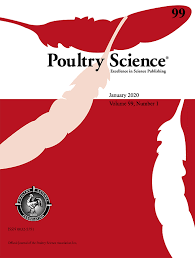Document type : online prepublication of scientific article in Current Biology.
Authors: Martina Cecchetti, Sarah L. Crowley, Cecily E.D. Goodwin, Robbie A. McDonald
Preview: Predation by domestic cats Felis catus can be a threat to biodiversity conservation, but its mitigation is controversial. Confinement and collar-mounted devices can hinder cat hunting success and reduce numbers of animals killed, but some owners do not wish to inhibit what they see as natural behavior, perceive safety risks associated with collars, or are concerned about device loss and ineffectiveness. In a controlled and replicated trial, we tested novel, non-invasive interventions that aim to make positive contributions to cat husbandry, alongside existing devices that hinder hunting. Households where a high meat protein, grain-free food was provided, and households where 5-10 min of daily object play was introduced, recorded decreases of 36% and 25%, respectively, in numbers of animals captured and brought home by cats, relative to controls and the pre-treatment period. Introduction of puzzle feeders increased numbers by 33%. Fitting Birdsbesafe collar covers reduced the numbers of birds captured and brought home by 42% but had no discernible effect on mammals. Cat bells had no discernible effect. Reductions in predation can be made by non-invasive, positive contributions to cat nutrition and behavior that reduce their tendency to hunt, rather than hindering their hunting. These measures are likely to find support among cat owners who are concerned about the welfare implications of other interventions.
Article discussed in a new item in Science on February 11, 2021: Want to curb your kitty's killer instinct? Add meat and playtime, study suggests






